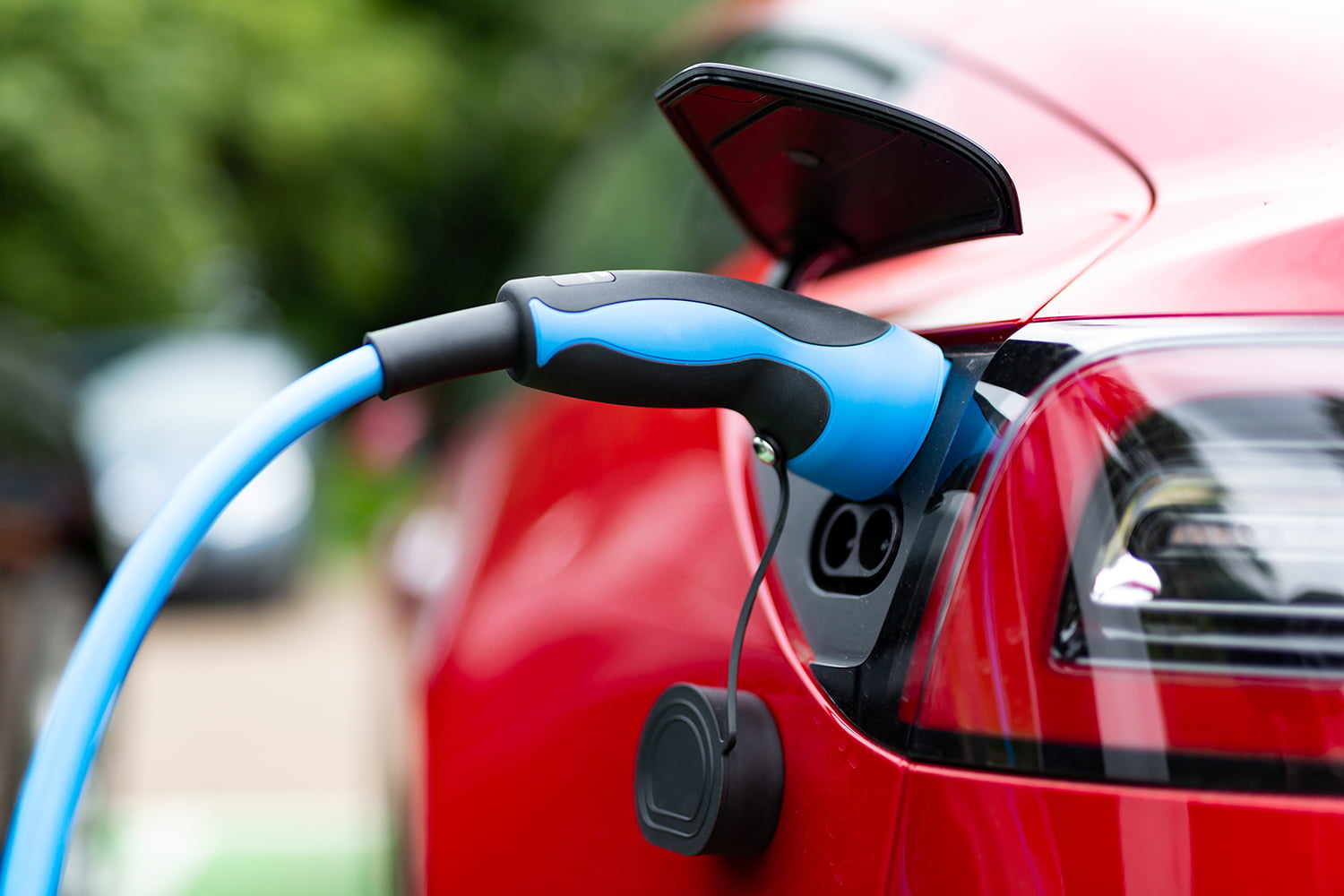

As industry awaits the government’s consultation on the end of sale date for cars fuelled solely by petrol or diesel, as well as potential changes to the zero emission vehicle mandate, there is pause for thought and reflection on 2024 – a year in which the UK automotive sector, and the global industry, has faced strong headwinds as it seeks to decarbonise.
Billions had been spent before 2024 in the development of cutting-edge EVs with 135 such car models and 33 vans now available. Yet billions more have been required this year to subsidise sales to meet the UK’s tough EV mandate. Industry has been compelled to single-handedly underwrite the transition against a backdrop of lacklustre demand, which has meant unprecedented and, indeed, unsustainable EV discounting. Consumer purchase incentives, a strategy that ensures accessible and affordable charging infrastructure, and a review of the regulation itself are all needed to deliver decarbonisation and economic growth. That mandate review, pledged before Christmas, must come urgently to provide the clarity and support the sector needs.
The shift to zero emission mobility is rightly top of the agenda but we cannot forget the simultaneous once-in-a-generation transition to self-driving vehicles. This year’s Automated Vehicles (AV) Act was a watershed moment for innovation, putting the UK alongside a handful of major markets with regulatory frameworks designed to ensure rollout is safe and responsible. As outlined at our flagship Connected event in April, introducing self-driving passenger cars and services alone could save an additional 3,200 lives, prevent 53,000 serious accidents and deliver a £38 billion economic boost by 2040 – so to maintain momentum in the New Year, secondary legislation must be developed and introduced.
2024 has also been a significant year for our heavy commercial vehicle sectors, with the UK having Europe’s first and second largest volume markets for new zero emission buses and trucks respectively. Given new HGVs under 26 tonnes – the majority of the market – will likely be required to be zero emission by 2035, we now have a decade to completely transform this critical sector. A modernised Plug-in Truck Grant and HGV-dedicated infrastructure are essential, however, as is a long-term strategy to decarbonise buses – else the jeopardy facing the car and van markets could spread to heavy vehicles.
UK manufacturing this year also reflects an automotive sector in transition as the investment announcements of 2023 gradually become reality, with factories of all vehicle types retooling and battery capacity scaling up for EVs. Such fundamental change is necessary but immensely complex and inevitably brings a temporary dip in volumes, as SMMT’s November manufacturing figures out today show, with year-to-date volumes down -12.9% – almost 109,000 fewer cars than the same period in 2023 and nearly half a million short of 2019 volumes
Many countries are seeking new automotive investment and growth so the UK must actively pursue them for its own manufacturing base and indeed our supply chains, already diverse and making almost every component needed for an EV. The government’s Invest 2035 strategy, alongside a comprehensive trade strategy, cannot come soon enough.
With automotive at its heart, the UK could steer some £50 billion of growth – green growth – in the next decade. 2025 must be the year in which industry and government put both hands on the wheel.


